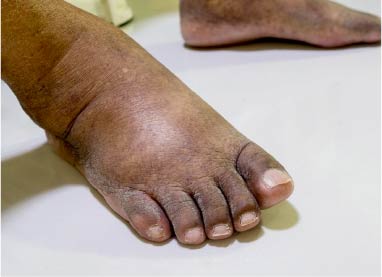One of the most common complaints that our patients have is heel pain. Many conditions, including plantar fasciitis and Achilles tendinitis, can be the cause of your heel pain. Rest, orthotics and stretching can help ease pain over time.
However, If you ignore and don’t treat heel pain, you may develop chronic problems that require a longer recovery. Heel pain may even need surgery!
Initial treatment may consist of rest, ice, elevation, and immobilization, but may also include nonsteroidal anti-inflammatory drugs (NSAIDs) such as ibuprofen, physical therapy, and cortisone injection. Our doctor can best determine the cause of your ankle pain and offer appropriate treatment options.
If you’re experiencing occasional or even daily episodes of heel pain, it could be related to:
∙ Arthritis
∙ Heel spurs
∙ Pump bumps
∙ Plantar fasciitis
∙ Achilles tendinitis
∙ Tarsal tunnel syndrome
∙ Fractures, including stress fractures
∙ Heel pad inflammation due to thin heel pads or heavy footsteps
You may also be experiencing heel pain because of a sports injury. For instance, if you sprained your ankle, pain can radiate down into your heel bone area.





